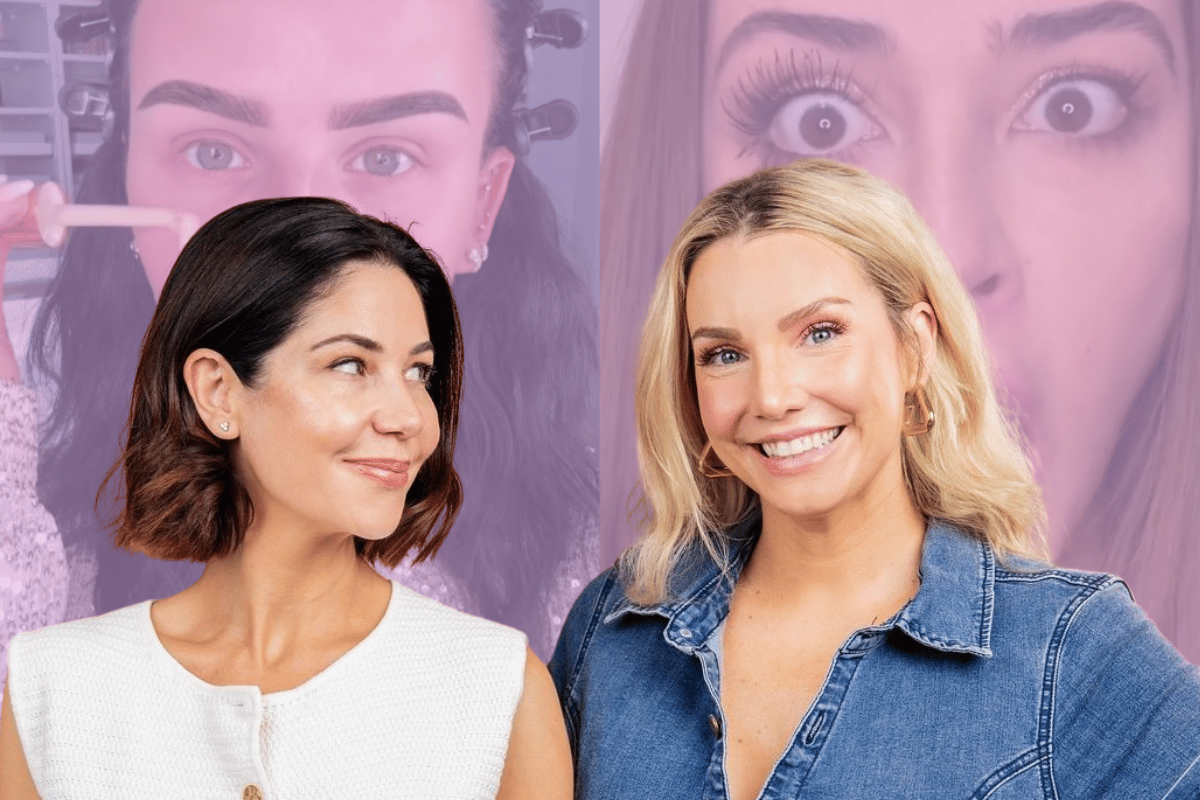
If you're someone who's partial to a wee bit of beauty goodness (read: all of us), chances are your TikTok or Instagram is bursting with beauty content. From your favourite brands and their newest launches to a giant slew of beauty influencers reviewing products and telling you what to buy and what not to buy.
And while it's mighty helpful to get the lowdown on trending products that are often hyped up as 'the next best thing', how do you really know what's legit and what's just someone trying to flog something to make a quick buck?
With beauty brands launching a new product every other day, how is it actually possible for influencers to give you an accurate review of something they've probably often only used for a short period of time - especially when it comes to skincare?
Well, if you've ever asked yourself any of these questions, you've come to the right place.
Watch: Speaking of influencers... at 30, successful influencer and business owner Sophie Cachia turned her 'perfect' life upside down. Listen to a snippet of her interview with Mia Frteedman on No Filter. Post continues below.
On a recent episode of You Beauty podcast, our very own Leigh Campbell and Kelly McCarren answered this exact question.
